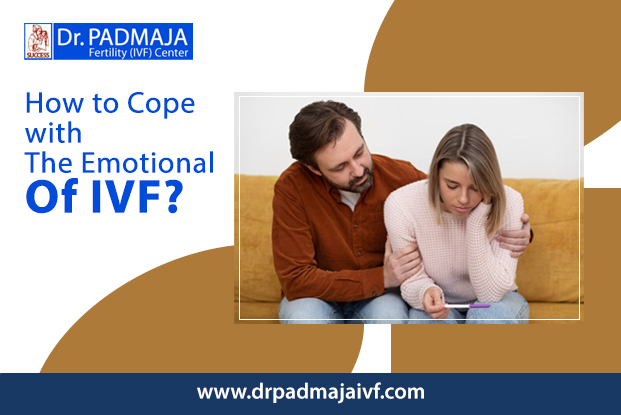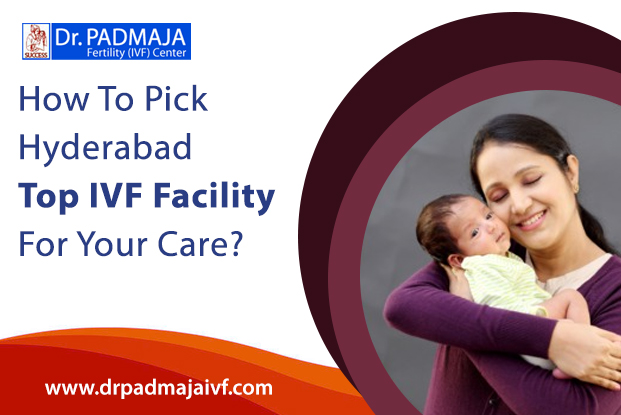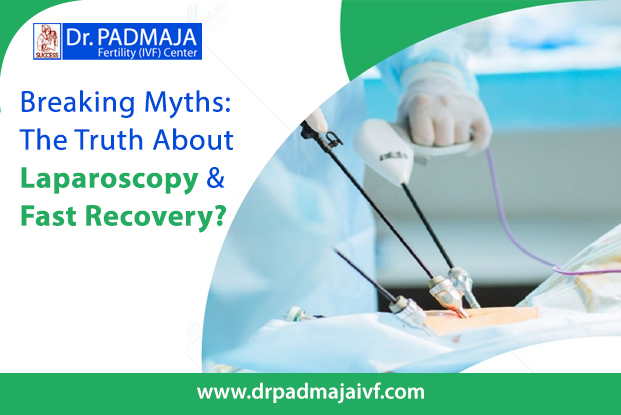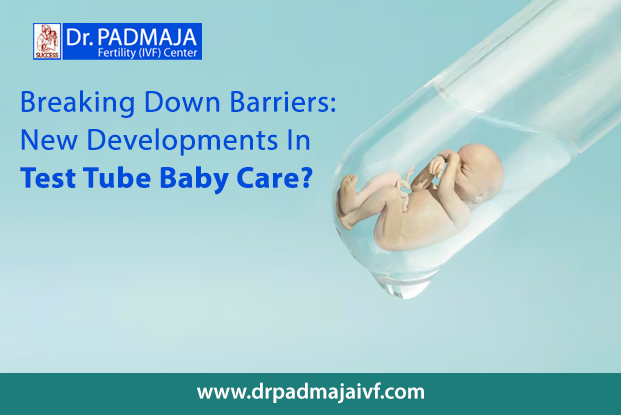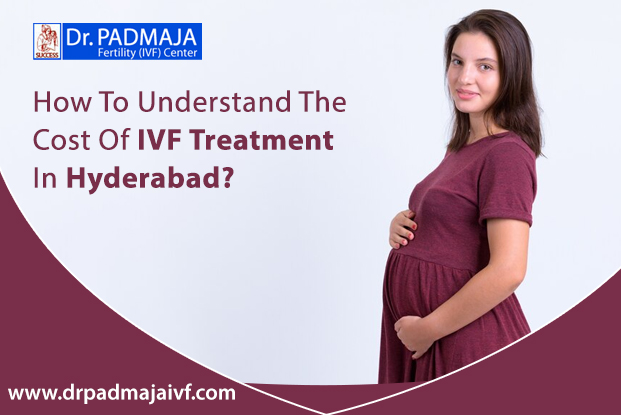How To Cope With Negative IVF Results?
For many couples and individuals, embarking on the journey of in vitro fertilization (IVF) brings hope and anticipation of parenthood. However, a negative IVF result can be an emotionally devastating outcome, leaving individuals overwhelmed by feelings of disappointment, frustration, and sadness. Learning to cope with these emotions is essential for maintaining your emotional and physical […]
Read More »



